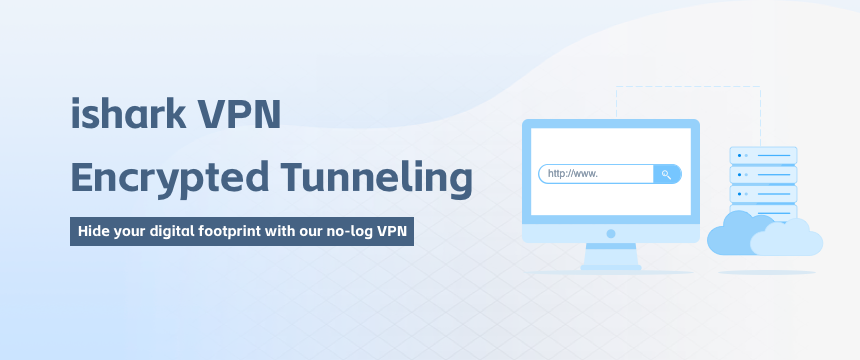How VPN Resolves Restricted Access to Specific Websites or Services
ishark blog article
In the online world, encountering geographical restrictions, network blocking, and content filtering that limit access to specific websites or services is a common occurrence.
However, the use of Virtual Private Network (VPN) technology can help users bypass these restrictions and unlock barriers to accessing specific websites or services.
This article explores how users can utilize VPN to address restricted access issues and how VPN enables smoother and more accessible internet browsing experiences.

Understanding Geographical Restrictions and Network Blocking
Geographical restrictions are imposed based on a user's geographic location, limiting access to specific websites or services.
Network blocking refers to actions taken by governments, organizations, or service providers to restrict or block access to particular websites or services.
These restrictions may be based on countries, regions, content types, or other factors. VPN can assist users in bypassing these limitations and accessing restricted content.
How VPN Unlocks Restricted Content
IP Address Spoofing: VPN assigns users a virtual IP address that appears as if they are accessing the internet from a different geographic location. This allows users to bypass geographical restrictions and access websites or services specific to a particular country or region.
Data Encryption: VPN employs encryption technology to protect users' data transmissions, preventing third-party entities from stealing or interfering with the data. This enables users to securely access restricted content without concerns of being monitored or censored.
Server Selection: VPN offers multiple server options, allowing users to choose servers located in their desired regions to achieve better access speed and performance.
Overcoming Blocking and Filtering
Deep Packet Inspection (DPI) Bypass: Network blocking in certain regions may employ DPI technology to detect and block VPN traffic. Users can choose VPN protocols or technologies that support DPI bypass, such as Shadowsocks or WireGuard.
Obfsproxy Technology: Obfsproxy disguises VPN traffic to appear as regular internet traffic, bypassing blocking and filtering.
Distributed VPN Network: Some VPN service providers utilize a distributed VPN network architecture that disperses VPN traffic across multiple nodes, enhancing resistance to blocking and preventing traffic filtering.
Providing Seamless Internet Browsing Experience
Bandwidth Optimization: VPN service providers often optimize network bandwidth to offer more stable and high-speed connections, resulting in a smoother internet browsing experience.
Cross-Platform Support: VPN is available on various devices and operating systems, including computers, smartphones, and tablets, providing users with comprehensive network access protection and unlocking services.
Privacy Protection: VPN conceals users' real IP addresses and identities, safeguarding personal privacy and preventing tracking and monitoring of personal data.

Conclusion:
VPN serves as a powerful tool to help users address restricted access to specific websites or services. Through features like IP address spoofing, data encryption, and server selection, VPN can bypass geographical restrictions, unlock restricted content, and offer a more accessible internet browsing experience. However, users should choose reputable VPN service providers and abide by legal and service terms to ensure secure and lawful internet usage.









